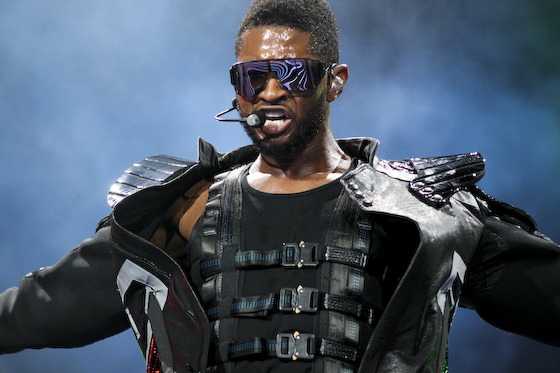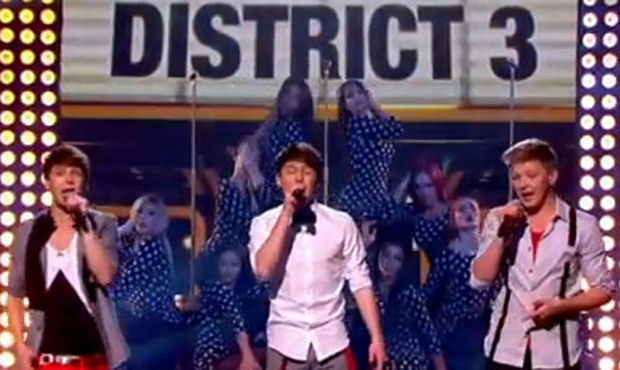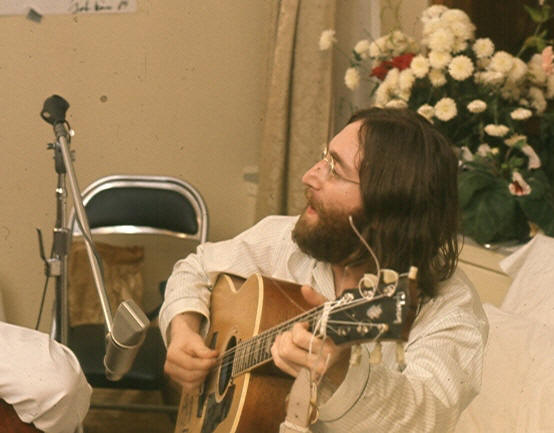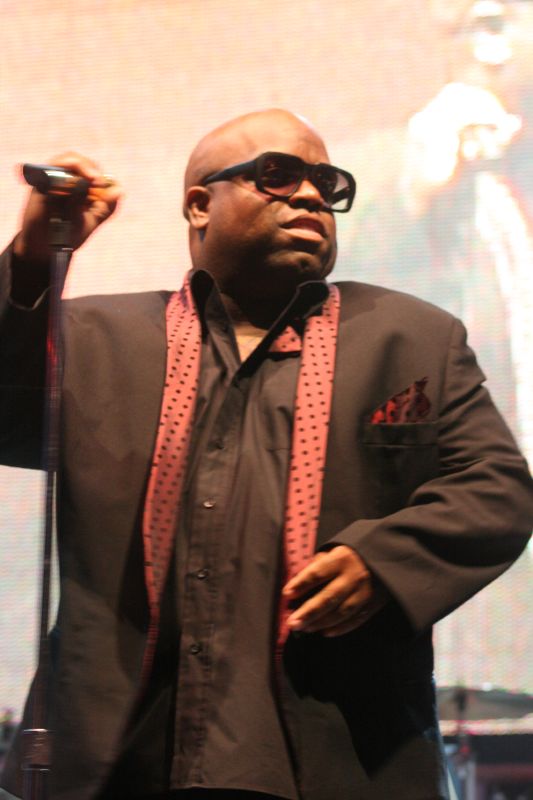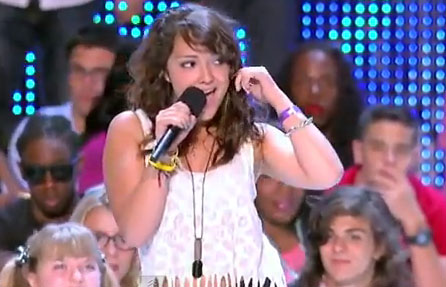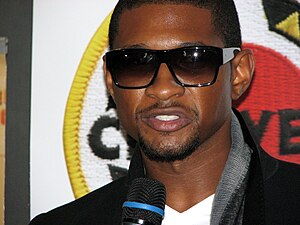
Have you ever wondered how Usher became famous? Over the years he has become a music extraordinaire, far more than your average famous singer.
Would you say he is one of the biggest male pop singers? Jody Rosen had this to say:
How Usher became famous
In a marketplace still dominated by divas he’s the biggest male pop singer — and sometimes it seems like he’s the only one.
“I don’t want to do all the normal things that all these other normal dudes do,” croons Usher in Can’t Stop Won’t Stop, the opening song on his seventh studio album, Looking 4 Myself. He’s singing about other things, of course, but he could just as well be describing his career trajectory.
In music in 2012, all dudes who aren’t Usher Raymond IV are normal dudes. He’s the biggest male pop singer in the world; sometimes, it seems like he’s the only one, in a marketplace still dominated by divas.
So who else has the same stature as Usher?
Since Justin Timberlake split the bit to concentrate on golf and SNL digital shorts, Usher has had no real challengers to fend off. The only male star of comparable stature, Justin Bieber, is Usher’s protege. A couple of weeks ago, Bieber’s Believe unseated Looking 4 Myself at the top of the Billboard 200 albums chart, but I doubt this bothered Usher much. It’s an antitrust violation masquerading as a rivalry. Like Bieber, Usher began his career as a teen idol, and for those of us who remember him in those days — a teenager awkwardly wielding an adult-size canister of Spanish fly — it seems improbable how he has stuck around, and thrived.
It’s interesting to see the comparison, and interesting to understand the depths of experience he has been through.
At 33, he is the most reliable hit-maker of his generation. He’s sold 65 million records worldwide and had 20 top-10 singles on the Billboard Hot 100, including nine No 1s. He’s the only performer who has had a No 1 pop hit in each of the last three decades. He’s an institution. There’s an institutional feel to Looking 4 Myself — it’s as gleaming, well-manicured and capacious as a shiny new corporate campus. It’s less an album than an encyclopedia of contemporary pop, taking in at least a half-dozen subgenres, all of them trendy. There’s blaring four-on-the-floor club music, dubstep, ’60s-ish neo-soul, ’70s-ish neo-soul, ’80s-ish electro-pop, and the kind of desolate “progressive R&B” that has lately become the rage in indie circles.
To see such a breadth of music is extremely rare.
The mix of styles on Looking 4 Myself is not merely eclectic. Tonally speaking, it’s schizophrenic. The album’s lead single, the No 1 R&B smash climax, is the artsiest, most abstract recording of Usher’s career: a break-up ballad with an eerily atmospheric beat and a melody that drifts and wavers, never thickening into the kind of hook that powers most pop hits. Climax was produced by the hipster favourite Diplo, with a string arrangement by wunderkind classical composer Nico Mulhy — a production pedigree that seemed designed to woo the indie blogosphere. It worked.
But elsewhere on Looking 4 Myself there are exercises in plus-sized pop as crass as anything you will hear this year. Euphoria is an absurdly bombastic dance track, concocted by Usher and — if I’m reading the production credits right — a few hundred thousand Scandinavians. On Can’t Stop Won’t Stop, Usher teams up with will.i.am, who specialises in ingeniously silly dance music. The song places a pummelling 4/4 dance beat behind a synthesiser refrain borrowed from Billy Joel’s Uptown Girl; the lyric offers a remedial pop music User’s Guide, on the off chance that the record reaches the antennae of an extraterrestrial: “Hey, what’s up?/ This is a jam/ Turn it up/ Play it loud/ In the club.” Usher glides from song to song, from style to style — from the sublime to the ridiculous and back again — with assurance and commitment; unlike most megapop albums, there’s not a complacent moment on Looking 4 Myself, and there is no bad music.
Usher‘s main theme unsurprisingly is sex.
His sound shape-shifts; flavour-of-the-day producers are hired and disposed of; but his songs always move in one direction: toward the boudoir. He’s an R&B Casanova in the classic mold. Over the past decade, R. Kelly’s slow jams have turned freaky, ironic, comic; other singers have followed suit.
So what makes the way Usher approaches his music successful?
Usher is a traditionalist, a preservationist. He has unironic faith in the old Love Man verities and the time-tested Love Man tools — strategically deployed melisma, oily come-ons, oilier pectorals. In I.F.U., a bristling ballad on the Looking 4 Myself deluxe edition, Usher minces no words: “You should let me penetrate your everything.” Then there’s Lemme See, the latest single: “She says she wanna take her skirt off/ Be my guest!/ I decided to take my shirt off/ And show my chest/ And we been sipping on that Merlot/ So you know what’s next/ Working intermissions, switching positions/ We so explicit.”
Usher’s songs ooze egotism — like all R&B lotharios, he’s a preener. But he’s not glib. With Confessions (2004), the 10 million-selling blockbuster that is still his finest album, Usher’s songs took a darker turn, exploring the moral and spiritual toll of macking. On Looking 4 Myself, he’s at his best when the emotional stakes rise and the sex gets complicated. Lessons for the Lover is as genuinely kinky a song as any I’ve heard in a while: a paean to angry sex, the way a lovers’ quarrel can become an aphrodisiac. (“So my advice would be/ No, don’t leave, don’t go so easy, no/ Just let that argument turn you on/ It’s worth it.”) Usher’s singing on Looking 4 Myself is terrific.
…he’s as gifted as any star of his generation, a singer and dancer of ludicrous magnetism and virtuosity. On the new album, he has history on his mind: channelling James Brown in Twisted, impersonating Prince in Say the Words, even doing his best Daryl Hall on the ’80s-flavoured title track.
And yet essentially Usher’s real model is Michael Jackson.
He’s not a genius like Jackson — the true pop revolutionary. But is there a black male crossover star who can make a better claim to Jackson’s mantle? Usher doesn’t think so. Three years ago, in his performance at Jackson’s memorial service, Usher made his case. “Michael, you mean so much to everyone. Especially me,” he intoned, before launching into the ballad Gone Too Soon. Halfway through, Usher rose from his seat onstage, walked down a ramp, and placed his hand on Jackson’s casket: the heir receiving the blessing of the master. It was a moment of astonishing kitsch; it was also a great performance, with Usher singing, exquisitely, at the very top of his falsetto range.
https://www.youtube.com/watch?v=etHLViQEn3w
So what lessons can you learn from Usher? Is it his variety, his determination, his desire to experiment, his love of Michael Jackson?
But when you stepback and observe how Usher became famous there is a whole host of insights to pick-up on. Just the same as Usher did in observing his hero’s work, Michael Jackson.
Click like and share if you think Usher’s career is a good one to learn from. Tweet this post if you think Michael Jackson had already set a standard to rise to.


